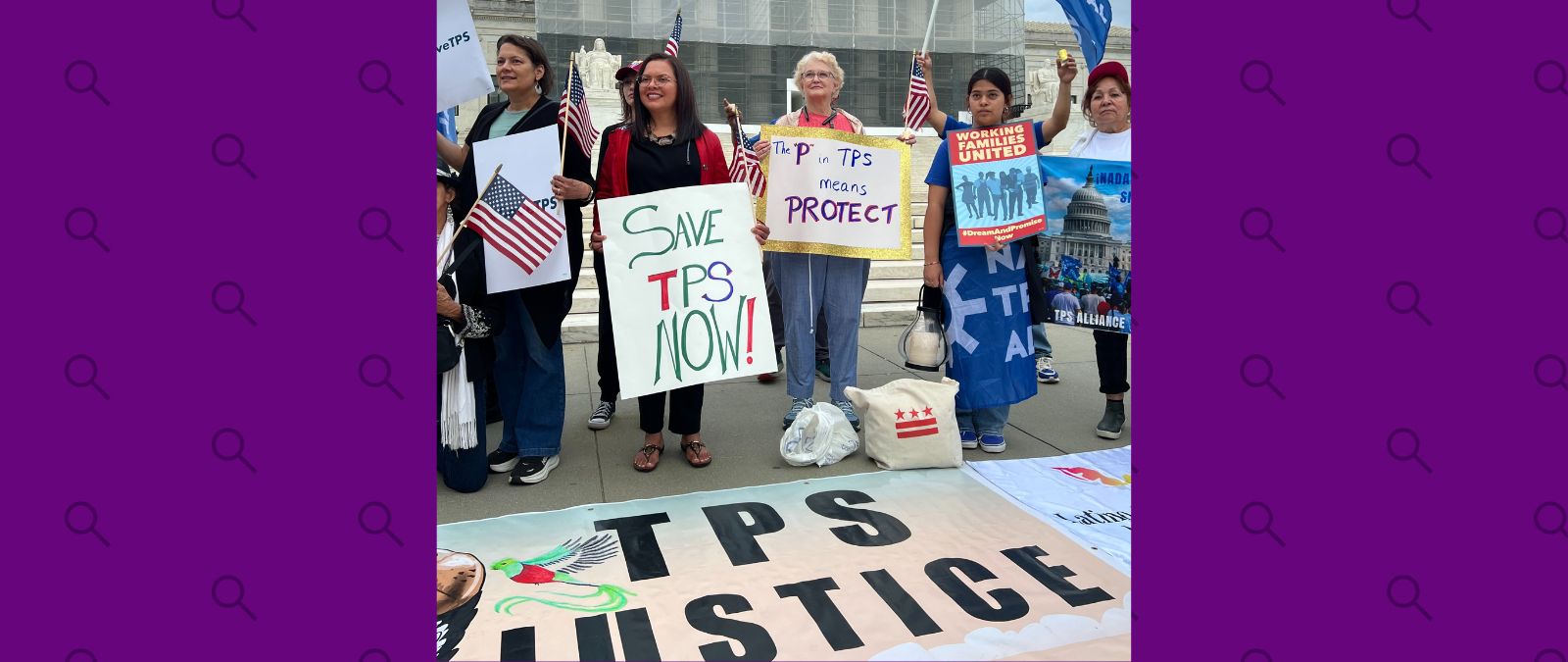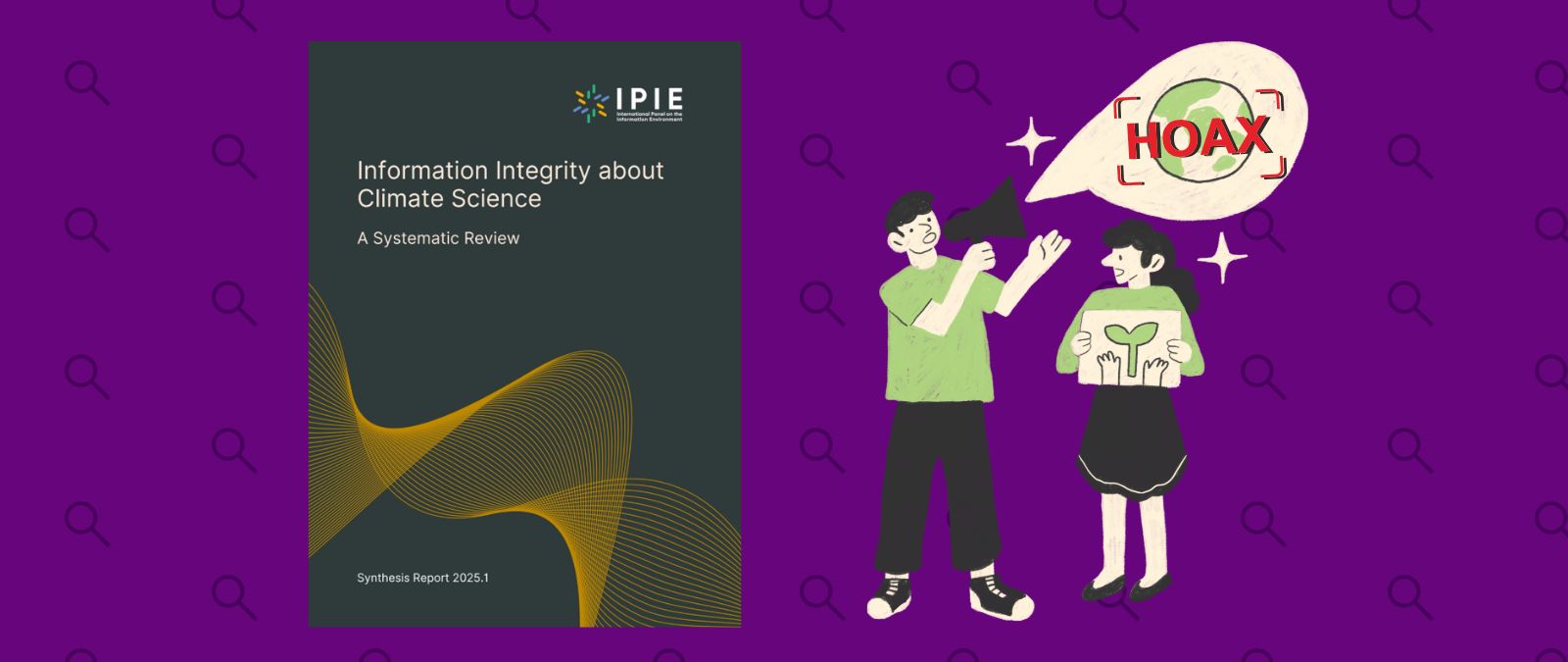A new guide from the World Health Organization (WHO) published on May 15, 2023, advises against using non-sugar sweeteners (NSS) such as saccharin or stevia to control body weight or reduce the risk of non-transmissible diseases. We tell you everything about this conclusion and about these substitutes to sugar.
What are artificial sweeteners?
Artificial sweeteners are substitutes to sugar with lower calories that are used to sweeten or flavor food or beverages such as iced tea or coffee. Under this category, there are a variety of products like aspartame, saccharin, sucralose and stevia.
They are generally sold as an aid to lose weight or maintain a healthy weight, and are frequently recommended for diabetics as a way to control glucose in the blood”, the WHO notes.
Why does the WHO advise against its use to control weight in adults and children?
The new recommendation from this international organization is based on “the findings of a systematic review of the available evidence suggesting that the use of NSS does not confer any long-term benefit in reducing body fat in adults or children."
In addition, according to that review, long-term use of sweeteners can lead to potential unwanted health effects, "such as increased risk of type 2 diabetes, cardiovascular disease, and adult mortality."
The WHO’s director of Nutrition and Food Safety Francesco Branca, indicated that “replacing free sugar with NSS does not help to control weight in the long term”. “People should consider other ways to reduce the consumption of free sugars, such as eating foods with natural sugars, such as fruits or sugar-free foods and beverages," he said. The expert also ensures that sweeteners do not provide nutritional value and that, to improve health, consumption must be reduced completely, “starting at an early age”.
The WHO notes that its recommendations is currently considered conditional “because the evidence-based link between non-sugar sweeteners and disease outcomes could be confounded by the baseline characteristic of study participants and complicated patterns of sweetener use”. “This indicates that policy decisions based on this recommendation may require substantive debate in specific country contexts, linked, for example, to the extent of consumption in different age groups,” he says.
What products does the WHO recommendation affect?
With this recommendation, the WHO refers to “all synthetic and natural or modified non-nutritive sweeteners that are not classified as sugar and that are found in manufactured foods and beverages, or that are sold alone for consumers to add to foods and drinks”.
Among them, the agency cities acesulfame K, aspartame, advantame, cyclamates, neotame, saccharin, sucralose, and stevia (a bushy shrub native to northeastern Paraguay, Brazil, and Argentina) and its derivatives.
The recommendation does not apply to personal care and hygiene products that contain NSS, such as toothpaste, skin cream and medicines, according to the WHO.
Who is this recommendation for?
The recommendation of this international institution is intended for all people, except those with pre-existing diabetes. The reason, as Branca explained to CNN, is that none of the studies in the review include those who suffer from this condition and it has not been possible to make an evaluation in this regard.
Will the United States have to take action based on this recommendation?
This new guide is part of a set of guidelines for the implementation of healthy diets. But it does not directly affect the politics of any particular country, as reported by The New York Times.
The FDA, which is in charge of food and drug control, could take this guidance into account and state its own concerns or change the labeling, but it also has no obligation to do so, Stephanie McBurnett, a registered dietitian and nutrition educator, told the Times. of the Physicians Committee for Responsible Medicine.
What does science say about sweeteners?
At this time, not enough studies have been done to determine the long-term health effects of sugar substitutes in humans, according to Dariush Mozaffarian, a cardiologist and professor of nutrition at the University's Friedman School of Nutrition Science and Policy. of Tufts. "There just hasn't been enough evidence that they're really safe," he told The New York Times in February 2023.
As Marion Nestle, professor emeritus of nutrition, food studies and public health at New York University, pointed out to the same newspaper, there are a large number of studies on artificial sweeteners with conflicting conclusions. Therefore, he insists that more research is needed in this regard.
Among the main problems with the habitual intake of sweeteners is the alteration of our sense of taste, as several investigations point out: as they have a much greater sweetening power than sugar, they increase our sweetness threshold, favoring that only very sweet foods (usually ultra-processed and unhealthy) satisfy you.
That is to say, the habitual consumption of products with caloric sweeteners ends up 'ruly-educating' our palate, accustoming it to a level of sweetness that cannot compete with that of unprocessed foods. In the long run, we may turn to them again, looking for similar sensations.
"If we get used to the sweet taste of sweeteners, other naturally sweet foods, such as fruits or vegetables, will be less appetizing," says Daniel Ursúa, dietitian-nutritionist, co-founder of Factchequeado, to Maldita.es. "We have to try to reduce their consumption, whatever type they are, in order to reaccustom our palate and taste buds to the true flavors of food," explained dietitian-nutritionist and food technologist Beatriz Robles in Saber Vivir.
As David Ludwig, an obesity specialist at Boston Children's Hospital, affiliated with Harvard University, explains on the institution's website, "the overstimulation of sugar receptors by frequent use of these hyperintense sweeteners may limit tolerance to more complex flavors ". In other words, "the use of artificial sweeteners may reduce consumption of healthy and nutritious foods and increase consumption of artificially flavored products with lower nutritional value," the article concludes.
These are the conclusions to which studies such as this one, published in the journal Physiology & Behavior; this one, published in Current Nutrition Reports or this one, in Appetite.
Factchequeado is a means of verification that builds a Spanish-speaking community to counter misinformation in the United States. Do you want to be a part? Join and verify the content you receive by sending it to our WhatsApp + 16468736087 or to factchequeado.com/whatsapp.
Related articles:










